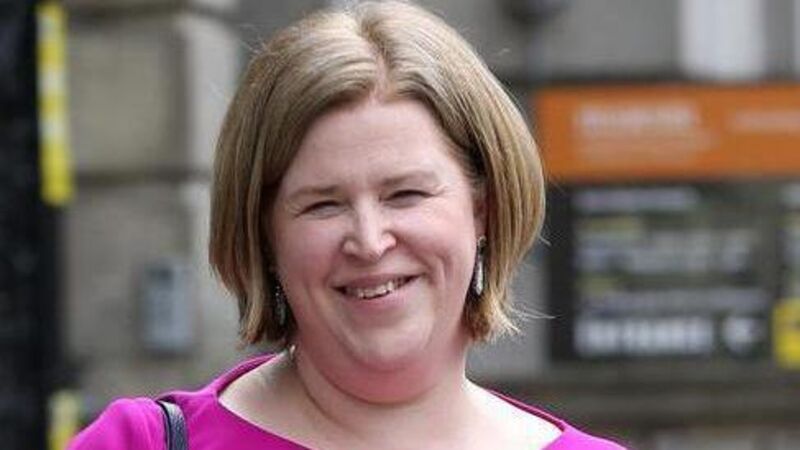Just 17% of hotel rooms booked for October

A bleak autumn is in store for Irish hotels, with many selling less than one-quarter of their rooms for the coming months.
In October, occupancy is set to be as low as 17%.
Try from €1.50 / week
SUBSCRIBEA bleak autumn is in store for Irish hotels, with many selling less than one-quarter of their rooms for the coming months.
In October, occupancy is set to be as low as 17%.
Already a subscriber? Sign in
You have reached your article limit.
Annual €130 €80
Best value
Monthly €12€6 / month
Introductory offers for new customers. Annual billed once for first year. Renews at €130. Monthly initial discount (first 3 months) billed monthly, then €12 a month. Ts&Cs apply.
CONNECT WITH US TODAY
Be the first to know the latest news and updates
Newsletter
Keep up with stories of the day with our lunchtime news wrap and important breaking news alerts.
Monday, February 16, 2026 - 1:00 PM
Monday, February 16, 2026 - 8:00 AM
Monday, February 16, 2026 - 1:00 PM
© Examiner Echo Group Limited